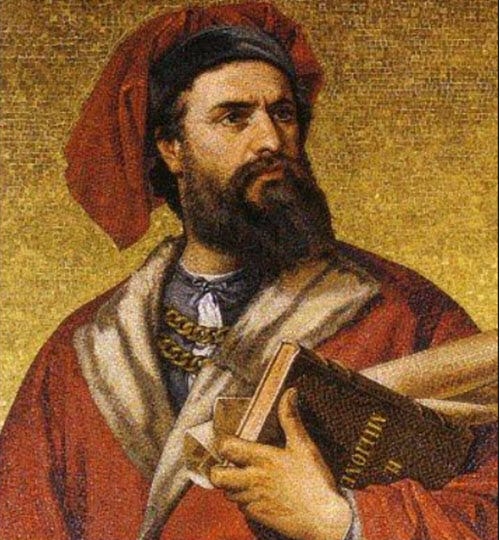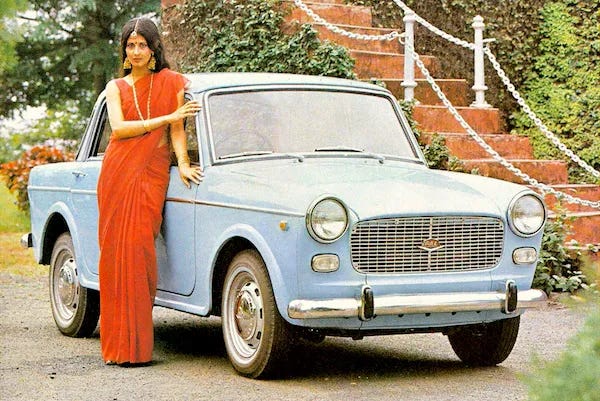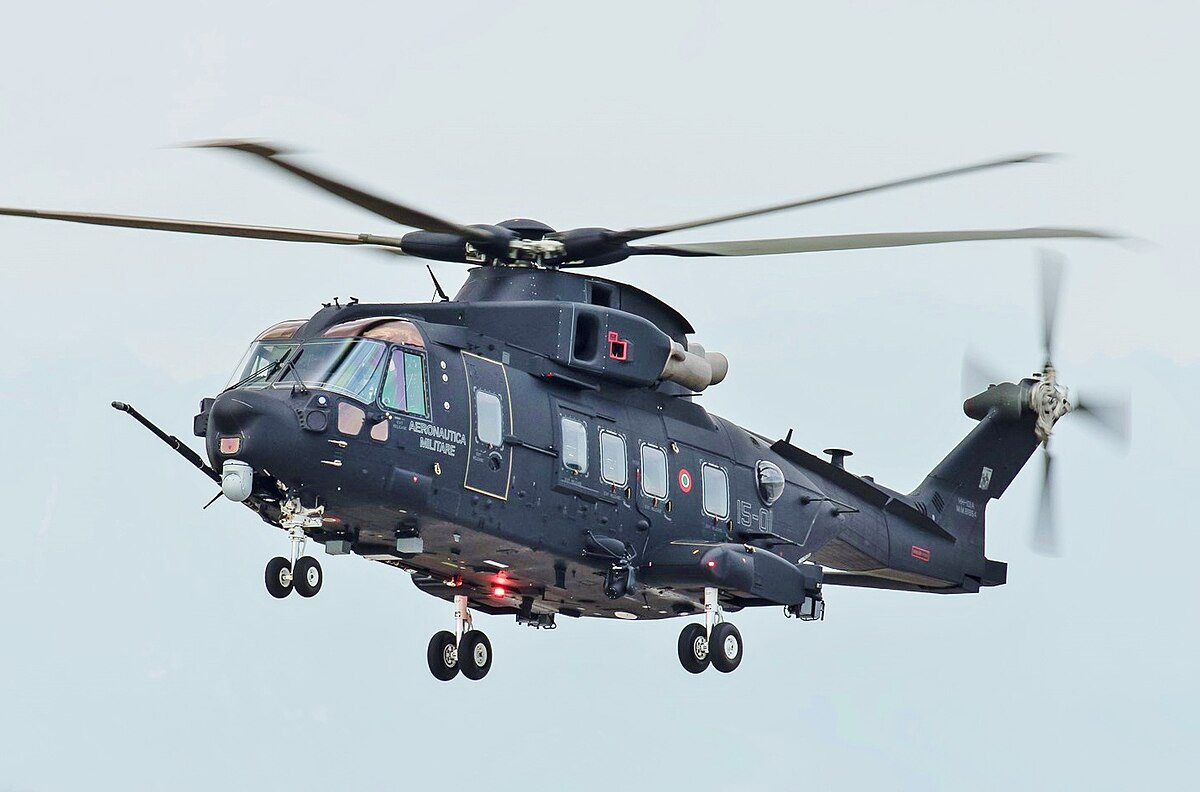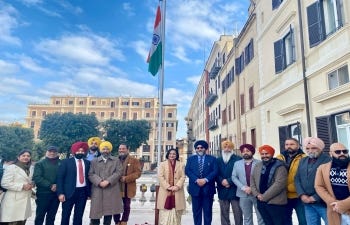Modi's India and Meloni's Italy: Engagement Beyond Sonia Maino, Marco Polo, and AgustaWestland
G7 Summit in Italy: A New Chapter in India-Italy Relations, Marked by PM Modi's Visit as a Special Invitee.
PM Narendra Modi's Historic Participation
The recent G7 summit in Italy, which concluded yesterday with much fanfare, saw Indian Prime Minister Narendra Modi as a special invitee. His participation marked a significant moment, coming right after his historic hat-trick win in the Indian general elections. The Italian Prime Minister, Giorgia Meloni, the official host, shared several photos and selfies with PM Modi on her Twitter handle, inviting a flurry of interesting comments and memes from around the world, including Italy and India. The hashtag #Melodi, popularised by PM Meloni, particularly caught the attention of the Twitterati over the weekend, with a video posted by her garnering 27 million views within hours.

Ancient Ties and Modern Diplomacy
The recent events apart, we all know that Rajiv Gandhi married an Italian national, Edvige Antonia Albina Maino—who, as his widow, is now universally known as Sonia Gandhi and remains the driving force of the Congress, India’s major opposition party. However, India and Italy share a relationship that dates back to ancient times. Their civilizational links span over 2,000 years, dating back to the era of the Roman Empire.
The Venetian traveller, Marco Polo, visited India during the late 13th century, via the land route around 1292. His works, particularly "The Travels of Marco Polo," ("Il Milione") are still a very interesting source of contemporary Indian history. Marco Polo's detailed accounts provide valuable insights into the socio-economic conditions of India during that period, long before the Portuguese sailor, Vasco da Gama, found the sea route to India in 1498. This historical connection adds another layer to the deep-rooted ties between India and Italy.
Of Fiat Cars and Vespa Scooters
India and Italy have a long history of successful collaborations in the automotive sector, dating back to the 1960s and 1970s, even during the era of the now-defunct License Raj. Two notable examples are Fiat's car manufacturing partnership with Premier Automobiles and Piaggio's Vespa scooter production with Bajaj Auto. Fiat's tie-up with Premier Automobiles in the 1950s led to the production of iconic models like the Fiat 1100 (Premier Padmini) and the Fiat 124-based 118 NE, which were immensely popular in India.
Similarly, Piaggio licensed the production of Vespa scooters to Bajaj Auto in the 1960s, resulting in the ubiquitous Bajaj Chetak that revolutionized personal mobility in India. These partnerships demonstrated the potential for successful Indo-Italian joint ventures in the automotive industry, even in a challenging economic environment. However, as times changed, these collaborations needed to evolve and keep pace with advancements in technology and the global economic landscape. The current leadership's more purposeful engagement aims to take the bilateral relationship to the next level by focusing on areas such as trade, investment, defense cooperation, and technology transfer, building upon the strong foundation laid by the successful joint ventures of the past in the automotive sector.
Trade and Commerce
Fast forwarding to today, bilateral trade between India and Italy reached a record US$15 billion in 2022-23, with India's exports at an all-time high of US$8.691 billion. Italy is India's 4th largest trading partner in the European Union. Major items exported from India to Italy include iron and steel, telecom instruments, petroleum products, auto components, and engineering goods. Meanwhile, India imports industrial machinery, electric machinery and equipment, chemicals, and machine tools from Italy. Over 600 large Italian companies operate in India, with major brands like Fiat, Piaggio, Ferrero Rocher, and Tic Tac becoming household names. Indian investment in Italy is estimated at around US$400 million, primarily in IT, pharmaceuticals, manufacturing, and engineering.
AgustaWestland Helicopter Controversy
Despite the turbulence caused by the AgustaWestland controversy, where Leonardo S.p.A. (formerly Finmeccanica) faced allegations of corruption in a 2010 deal to supply AW101 helicopters to India, it is imperative that these air-pockets of the past do not hold hostage our joint forays into the future. The alleged €70 million in bribes and subsequent investigations, including the extradition of middleman Christian Michel and the arrest of several other accused, have cast a shadow over past dealings. However, both nations have a rich history of collaboration that dates back to ancient times and spans various sectors. As India and Italy move forward, it is crucial to focus on transparency and integrity to avoid repeating past mistakes. By building on their shared values and leveraging their complementary strengths, India and Italy can ensure that past controversies do not hinder the potential for future collaboration and growth.
Defense Ties
The defense relationship between India and Italy has also seen significant growth. A defense cooperation agreement signed in October 2023 aims to promote cooperation in defense policy, R&D, military education, maritime security, and industrial cooperation, including co-development and co-production. This agreement opens up avenues for collaboration between the two countries' intelligence services and the exchange of information. It aims to strengthen the link between the Mediterranean and the Indo-Pacific regions. Italy has expressed interest in partnering with India in the defense sector, with Italian defense major Leonardo trying to rebuild ties after past controversies. The two countries hold regular meetings under the Military Cooperation Group (MCG) to enhance military-to-military exchanges.
Cultural Relations and Indian Diaspora
As noted before, India and Italy share a rich history of cultural exchanges, dating back 2,000 years. This relationship has been strengthened by notable visits from figures like Rabindranath Tagore and Mahatma Gandhi. The Indian community in Italy, estimated at around 200,000 including Persons of Indian Origin (PIOs), is the second largest Indian diaspora in the European Union after the Netherlands. A Migration and Mobility Agreement signed in October 2023 aims to ease the movement of people, especially skilled workforce, students, and professionals, while ensuring safe and legal migration. Many Italians have taken an active interest in Indian culture, music, dance, yoga, and Ayurveda, supported by a long-standing Indological tradition in Italy.
A Future of Collaboration
Strengthening Strategic Partnerships
Despite the obvious language barrier, India and Italy are committed to further strengthening their strategic partnership. This involves enhancing trade, investment, defense cooperation, and people-to-people ties. Both countries are collaborating on global initiatives and exploring opportunities in areas such as the green economy, energy security, science and technology, and cultural exchanges. The G7 summit has provided a platform for both nations to reaffirm their dedication to a prosperous and collaborative future.
Strengthening Bonds for Future Collaboration
The India-Italy bilateral meetings on the sidelines of the G7 Summit have highlighted the robust optimism surrounding their future relationship. This optimism was further underscored by PM Modi's meeting with Pope Francis as part of his outreach engagements. This meeting signifies Modi's broader effort to connect with the nation’s Christian community, which, while a minority at 2.3% of India's population, still represents a significant number given the country's 1.4 billion-strong population.
While the Modi-Meloni meeting was arguably the highlight of India’s participation in the G7 outreach, it marks an important landmark in the ongoing journey between two sovereign nations. These nations, with their complementary core competencies, share deep cultural and familial values, laying a strong foundation for future collaboration and mutual growth. As India and Italy continue to build on this foundation, their partnership promises to bring about significant advancements in trade, investment, defense cooperation, and cultural exchanges, fostering a prosperous and collaborative future.
If you believe this article would interest someone you know, please feel free to share it anonymously (for us), using any platform that you prefer.








